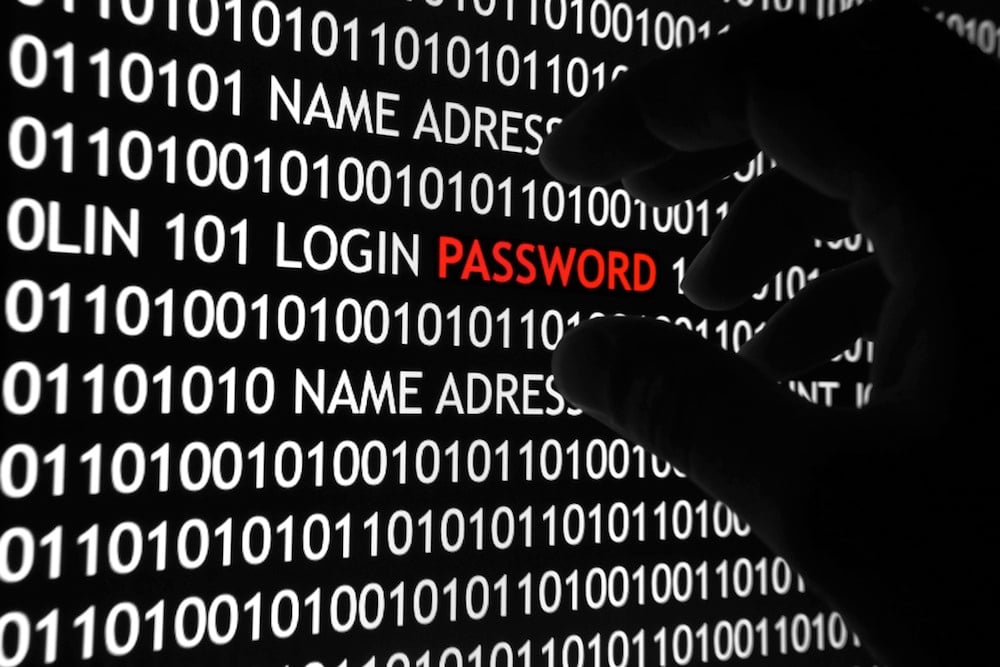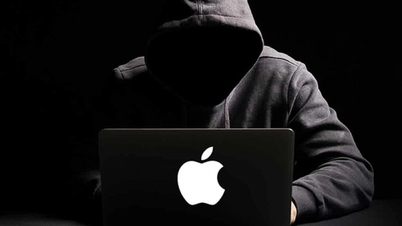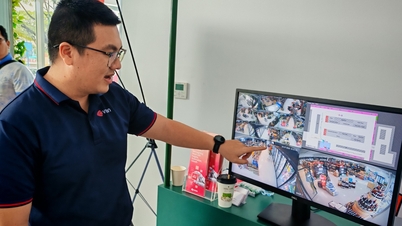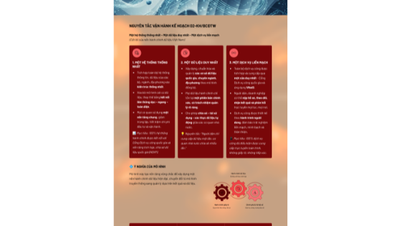CoinTelegraph offers a number of ways internet users can protect themselves online to avoid losing personal data to bad guys.
Use strong passwords
The first step to securing your identity is using a strong password. A strong password should be at least eight characters long and include a variety of symbols, numbers, uppercase and lowercase letters, and other characters.
Users should not use passwords that are too easy to guess, such as “password” or “123456”. In case of multiple accounts, it is advisable to set different passwords. User accounts will easily fall into the sights of hackers if they use the same password.

Easy-to-guess passwords are ideal "bait" for hackers.
Enable 2-step verification
Two-factor authentication (2FA) provides an extra layer of security for an account by requiring a verification code. This code is generated by an app, delivered via SMS or email, and is only valid for a short period of time. Without the code, a hacker would not be able to access the account even if they knew the user's password. Any account that contains sensitive data should have 2FA enabled.
One of the most common types of 2FA is SMS-based, where 2FA sends an authentication code to the user's mobile device via text message. Another type of 2FA requires the user to download a code-generating app. There are also types of 2FA that use a physical device like a USB key or smart card to generate the code.
Avoid scams
Criminals frequently use phishing techniques to obtain personal information and compromise users' identities. People should be cautious of suspicious emails, verify the identity of the sender, avoid clicking on links or downloading attachments. Additionally, anti-phishing software and multi-factor authentication can be used to protect personal accounts.

Sending fake links is a common tactic used by hackers to steal bank account information.
Using a VPN (Virtual Private Network)
Using a VPN is an effective security solution to protect personal identity when accessing public Wi-Fi networks or poorly secured internet connections. VPN will hide the user's IP address by connecting to many different servers around the world , reducing the risk of the user's online access data being collected by bad guys. Users should choose a reliable VPN provider with a strict privacy policy.
Regularly update software
Hackers can exploit security flaws in outdated software to access users' devices or personal data. New updates often fix security flaws and improve overall security, making software safer for users.
Therefore, users should regularly check for and update software upgrades for operating systems, online browsers, and mobile applications. Also note that outdated or unsupported software may not receive security updates, and software should only be downloaded from trusted sources.
Use antivirus software
To protect your identity when using the internet, users should use reliable antivirus software. Antivirus software is capable of detecting and removing malware, spyware and other dangerous software. Not only that, it also helps protect users, limiting the risk of cyber attacks.
Users should choose antivirus software from a trusted vendor and keep it up to date with the latest patches. To reduce the risk, users should regularly check their devices for malware and unusual activity.
Source link


![[Photo] Nhan Dan Newspaper displays and solicits comments on the Draft Documents of the 14th National Party Congress](https://vphoto.vietnam.vn/thumb/1200x675/vietnam/resource/IMAGE/2025/10/26/1761470328996_ndo_br_bao-long-171-8916-jpg.webp)


![[Photo] Enjoy the Liuyang Fireworks Festival in Hunan, China](https://vphoto.vietnam.vn/thumb/1200x675/vietnam/resource/IMAGE/2025/10/26/1761463428882_ndo_br_02-1-my-1-jpg.webp)































![[Photo] General Secretary To Lam received the delegation attending the international conference on Vietnam studies](https://vphoto.vietnam.vn/thumb/1200x675/vietnam/resource/IMAGE/2025/10/26/1761456527874_a1-bnd-5260-7947-jpg.webp)
![[Photo] Prime Minister Pham Minh Chinh attends the opening of the 47th ASEAN Summit](https://vphoto.vietnam.vn/thumb/1200x675/vietnam/resource/IMAGE/2025/10/26/1761452925332_c2a-jpg.webp)














































































Comment (0)